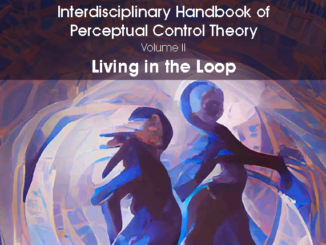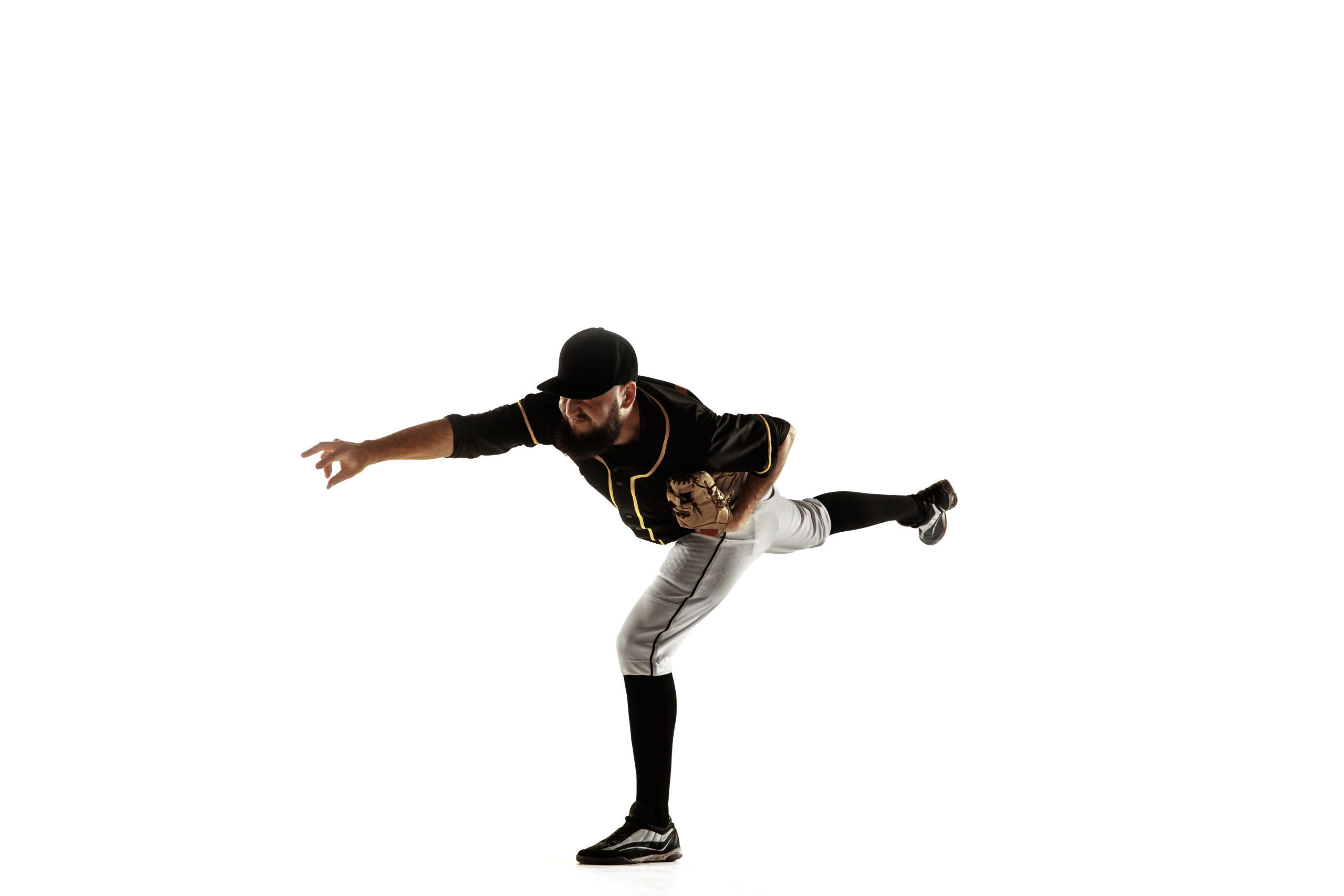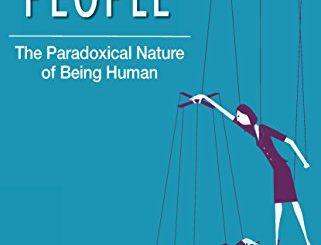
M. Martin Taylor
Martin Taylor Consulting
mmt@mmtaylor.net
The central principle of Einstein’s two Theories of Relativity is that all anyone knows or can know about the universe is what they perceive for themselves. This is also the central principle of William T. Powers’ Perceptual Control Theory (PCT), the science of how living things of all kinds function individually and socially. PCT sits between the ‘hard’ and ‘soft’ sciences and proposes to unify them, but without the reductionism and determinism of other such proposals. The basic mathematics of PCT are much simpler than relativity, but equally revolutionary, with astonishingly broad application.
Bruce E. Nevin on behalf of the IAPCT Board
Powers was well aware that PCT comprehends a field far more vast than any one of us can fully know. Its principles, in all their simplicity and elegance, have consequences, corollaries, and ramifications that we are only beginning to discover. Powers of Perceptual Control is an inquiry into these, and each conceptual development opens lines for observational investigation and experimental test by subject specialists. This encyclopedic survey of linkages and dependencies between mathematics, the hard sciences, and the ‘squishier’ sciences of biology, psychology, sociology and beyond will be a vade mecum for generations of students and researchers.
Below you will find the four volumes of Martin Taylor’s Magnum Opus about Perceptual Control Theory. The book is available in pdf (nicely formatted) and in epub (for reading on devices). The first document contains a table of contents for the entire book, to easily navigate the four volumes.
Martin Taylor passed away on March 17th, 2023. A group of volunteers is working on editing and publishing his book, with the first volume to be expected in print before the end of 2023.
Below we share the latest version of the manuscript, date 3rd of January, 2023.



